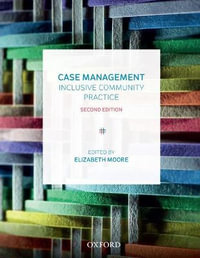The opioid epidemic, and other behavioral health issues such as alcohol and drug abuse, directly impact every community across the nation; and, by extension, public libraries' daily work. Because libraries are not only trusted guardians of information but also vital community centers, people struggling with addictive behaviors as well as their family members and friends often turn to the library for help. But many library workers feel overwhelmed, finding themselves unprepared for serving these patrons in an effective and empathetic way. This book encourages readers to turn their fears and uncertainty into strengths and empowerment, offering to-the-point guidance on welcoming people with substance use disorders and their loved ones through policy, materials, outreach, collaboration, programs, and services. Written by a frontline librarian whose personal experiences inform the book, this resource
- explores the library's role in the fight against addiction and how to become part of the solution by combating stigma;
- provides background on understanding how substance abuse and related behaviors affect different age groups and populations;
- explains how to be proactive regarding library safety and security by carefully crafting library policies and effectively communicating them to staff;
- offers real world guidance on training library staff, including pointers on recognizing observable signs of drug abuse and responding appropriately and safely to uncomfortable or potentially dangerous situations;
- discusses safeguards such as a needle disposal unit, defibrillator, and Naloxone;
- gives tips on marketing, outreach, and programming, from putting together displays of materials and resources to partnering with local organizations; and
- recommends useful websites, documentaries, and additional resources for further learning.
By making their own contributions to changing the way people struggling with substance abuse are treated in society, libraries can demonstrate that resilience can transcend crisis.
























